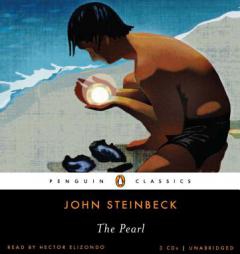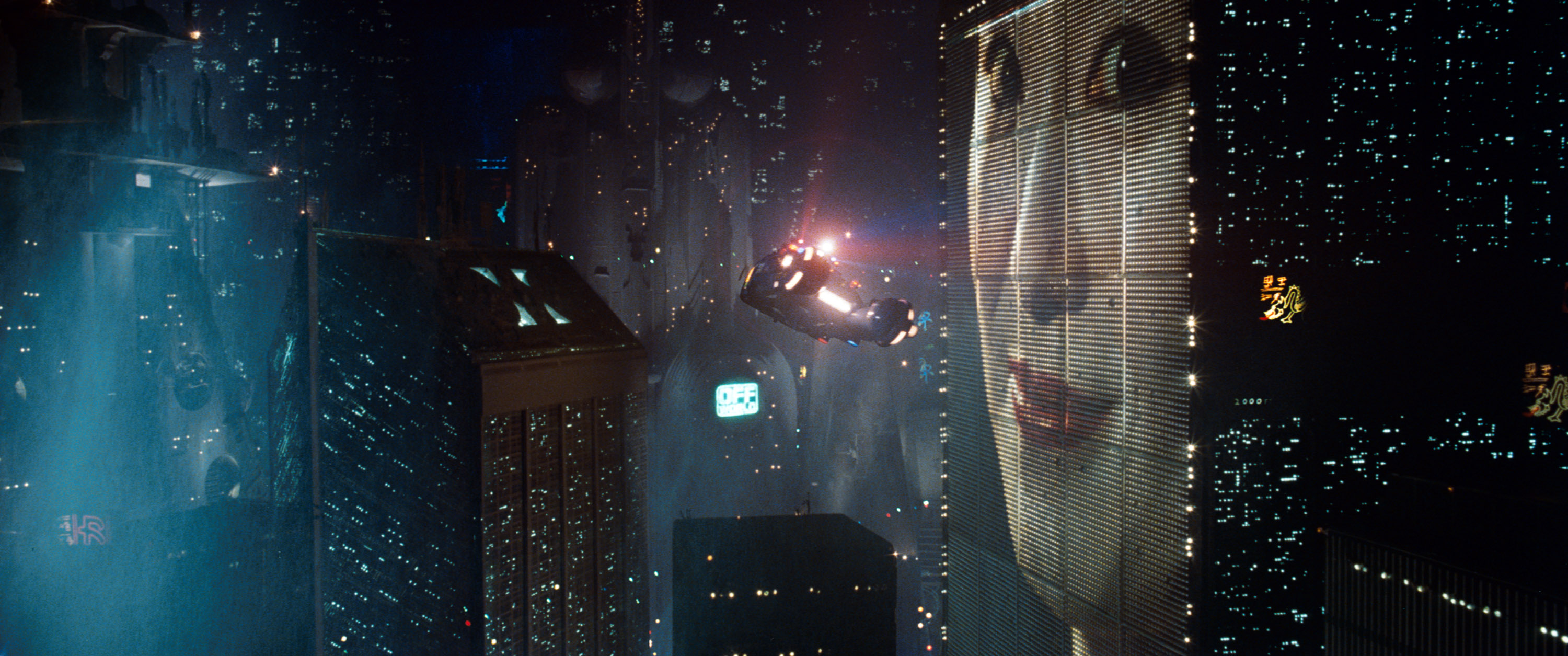 The original intention of Kino trying to pay for Koyotito seems to be disappearing. The greedy merchants of the town do not want to as much as the pearl is worth so Kino decides to go to the capital where he will be able to get the best price for the pearl. But it turns out many people in the town have evil plans to steal the pearl from Kino. Thieves come into their house and later it is set on fire. On their way to the capital, Kino and his family encounter trackers who are following them for the pearl and Kino decides to attack them. Though he kills all the trackers, he soon finds out his son Koyotito was shot from the bullet fired from one of the trackers. After loosing their son, Kino and his wife Juana come back to the town and throws the pearl into the sea.
The original intention of Kino trying to pay for Koyotito seems to be disappearing. The greedy merchants of the town do not want to as much as the pearl is worth so Kino decides to go to the capital where he will be able to get the best price for the pearl. But it turns out many people in the town have evil plans to steal the pearl from Kino. Thieves come into their house and later it is set on fire. On their way to the capital, Kino and his family encounter trackers who are following them for the pearl and Kino decides to attack them. Though he kills all the trackers, he soon finds out his son Koyotito was shot from the bullet fired from one of the trackers. After loosing their son, Kino and his wife Juana come back to the town and throws the pearl into the sea.John Steinbeck's look into the marginalized and the powerless of the society make his works masterpieces. While the world's attention is directed towards those who possess fame and wealth, Steinbeck looks at the people who survive each day struggling for their basic needs.
Ignored and persecuted by the rest of the society, the poor always has been left in the corner of the society as miserable outsiders. But when Kino finds "the Pearl of the World," people who have never bothered paying attention to him approach him with greedy plans.
Perhaps, the tragic ending was the unchangeable fate of Kino's family. The pearl, to me, seems like it has two sides: greed and opportunity. Kino's desire to sell the pearl with good price, while in can be seen as a mistake leading to the tragic ending, is understandable. It is the opportunity for him and his family not only to pay for the medical treatment for their son, but also to escape the unfair and loathsome position in their society and live happy live that they deserve.
It is heartbreaking for the readers to see how these people fall and lose everything they have while the greedy others do not seem to lose anything. It almost seems like mother nature tricked them. I mean, it is everyone's wish that good things happen to good people and bad people get some sort of punishment. But it seems like, the world just doesn't work like that way many times. In that sense, Steinbeck's works turn literature into a means of looking into the neglected part of the society with realistic but sympathetic views.


